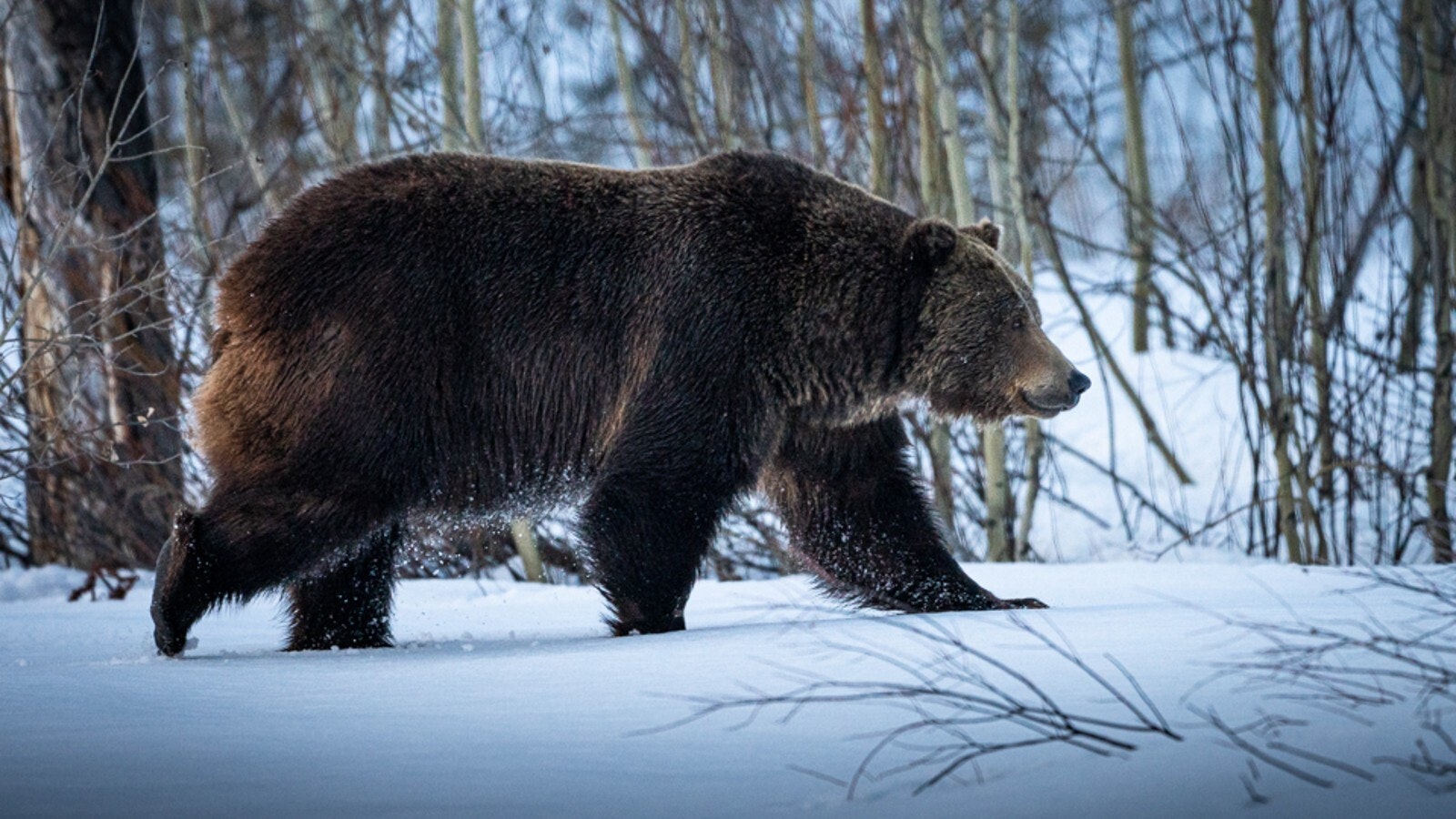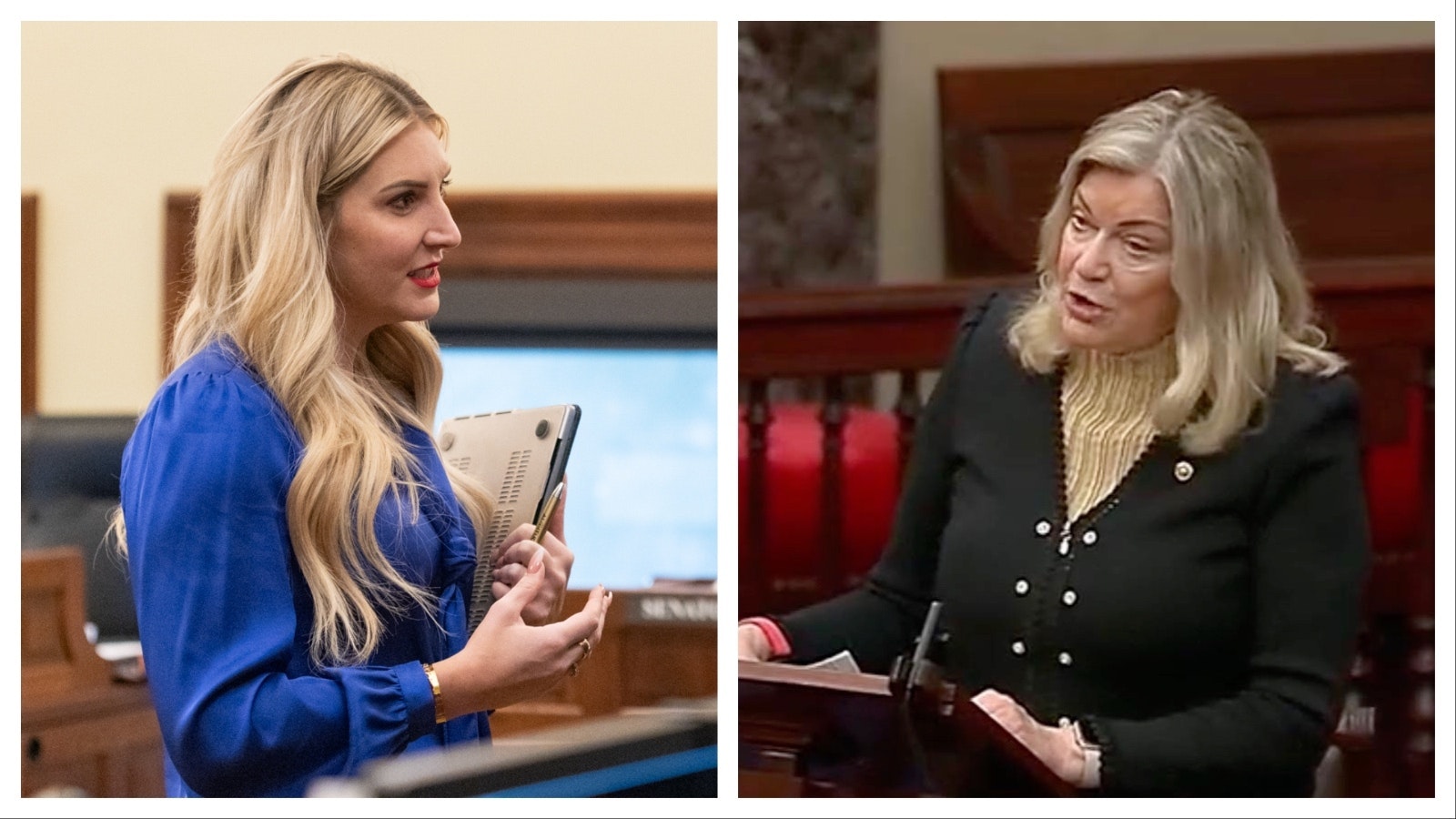U.S. Rep. Liz Cheney recently reintroduced a bill to Congress that would remove grizzly bears from the endangered species list and prevent them from being considered threatened or endangered wildlife in the future.
Last week, Cheney reintroduced the Grizzly Bear State Management Act, a follow-up to a bill introduced by her retired colleague, U.S. Sen. Mike Enzi, in 2019.
“This legislation would return the management of the grizzly to the state-level, where it belongs,” Cheney said. “The federal government or unelected judges and bureaucrats should not be in the business of telling us how to operate. The state and people of Wyoming know what’s best for Wyoming.”
The bill would direct the Department of the Interior to re-issue its 2017 decision to remove grizzly bears in the Greater Yellowstone Ecosystem from the endangered species list and prohibit further judicial review of this decision. It would also turn management of the grizzlies over to the states.
“The bill would also stop the abuse of the court system by environmental extremists and safeguard the scientifically proven delisting determination so that politically-motivated conservations cannot take advantage of that process,” Cheney said.
The grizzly bear was first listed on the federal threatened species list in 1975.
In 2017, the U.S. Fish and Wildlife Service removed grizzlies from the endangered species list, citing a significant increase in bear populations and a doubling of their range land.
“I was proud to work on this legislation for years with Sen. Enzi and will continue to fight for it in the House of Representatives while working with my colleagues to fight for Wyoming’s statutory right to manage our wildlife,” Cheney said.
Enzi previously argued that while proper management of grizzly bears is critical to protecting the species, it is also critical to protect people from potential attacks, along with the species that grizzly bears prey on.
“As the grizzly bear population has increased in Wyoming, so has the danger these animals pose to livestock, property and to humans,” Enzi said. “That’s why I believe the authority to manage the species needs to be turned over to the states. I have often found that states are better suited to address these kinds of issues because they are more familiar with the unique needs of their own communities and ecosystems.”





